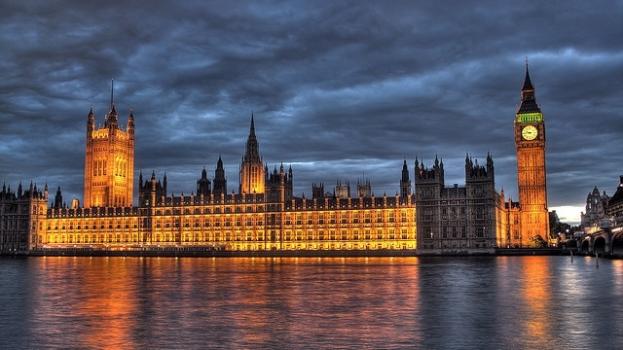It has three functions: representation, legislation and parliamentary control. Members of Parliament thus represent the citizens that have elected them, pass bills and laws, and can have different parliamentary control powers, such as budget control or hearings and inquisitions.
In the United Kingdom, the next presidential election (May 7 2015) will probably see a large change in the legislature due to a lack of faith in politicians and traditional parties. It also raises the question of the Scottish Independent's Party voting intentions.
The legislature operates under a parliamentary system of governance, meaning the executive is accountable to it. It is usually divided into houses or chambers, and are usually bicameral or unicameral.
The Prime Minister is almost always the leader of the majority party in the lower house of Parliament, but he or she must have its confidence. A vote of no confidence from the legislature can force the PM to resign. Presidential systems, such as the US' congressional system, maintain a stricter separation of powers, meaning the executive is not appointed or accountable to Parliament, and cannot dismiss it either. Semi presidential regimes combine a powerful head of state and a head of government that is responsible to the Parliament.
The British Parliament, quoted by John Bright as "the mother of Parliaments", has influenced many others in Europe. It is made up of the House of Commons (lower chamber) and the House of Lords (upper chamber). The member of the House of Commons are directly elected by the citizens to represent single member constituencies whilst the members of the House of Lords are appointed. The latter is less powerful, as a result of the Parliament Acts of 1911 and 1949.
The European Parliament is the parliamentary institution of the European Union. It is composed of 751 members and has been directly elected since 1979. It exercises the legislative function of the EU with the Council of the EU and the European Commission.


















